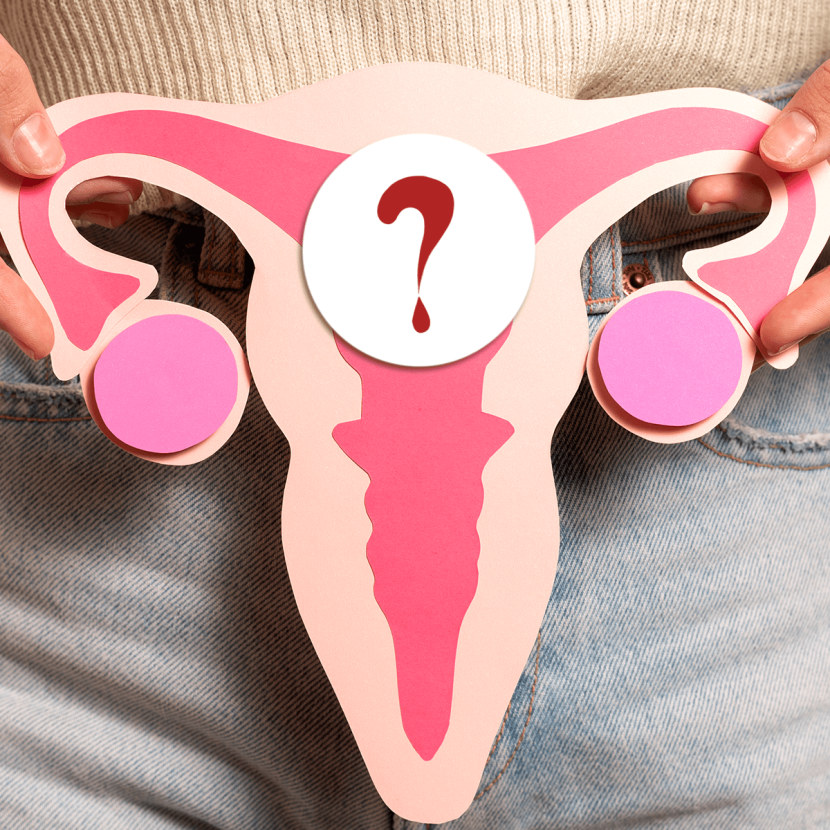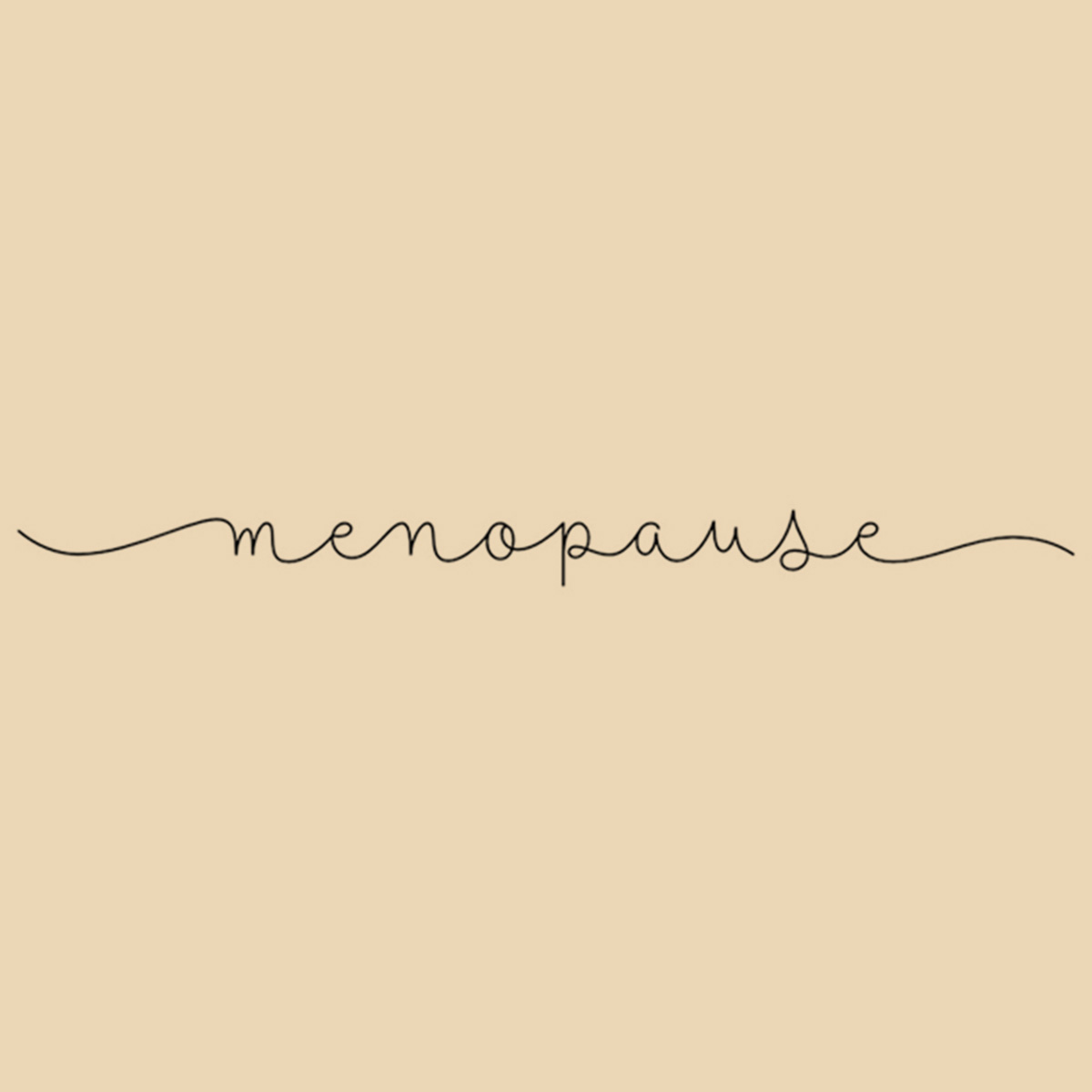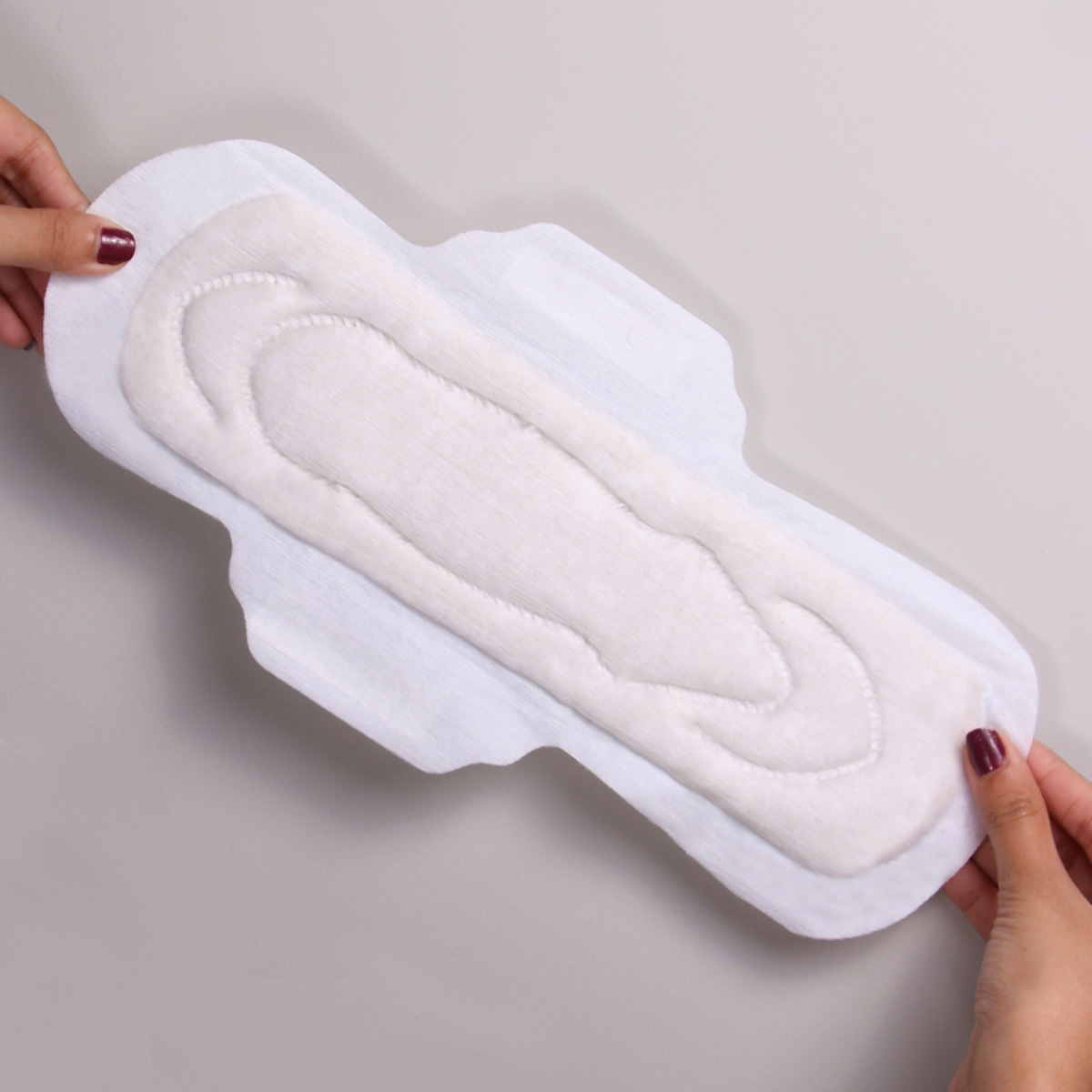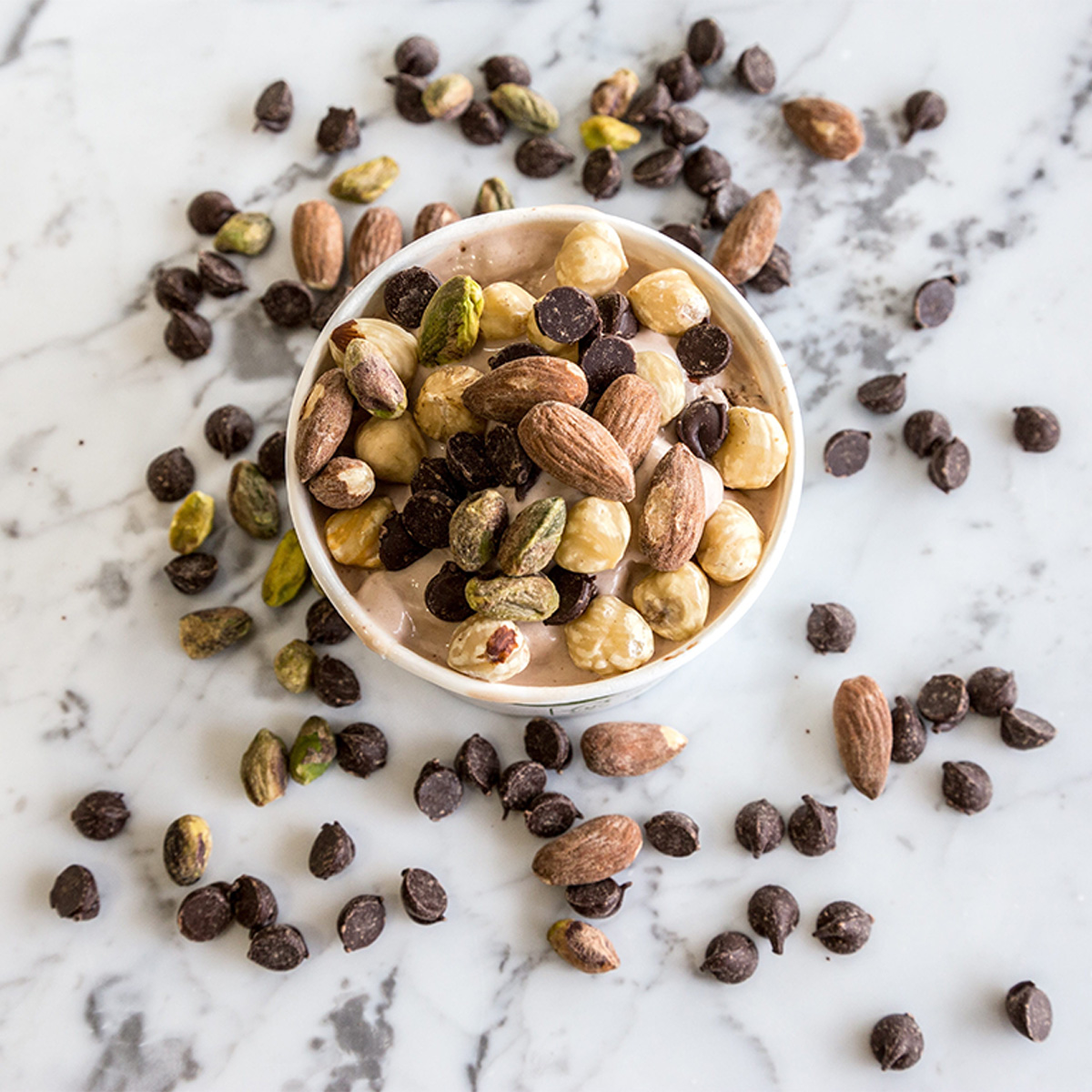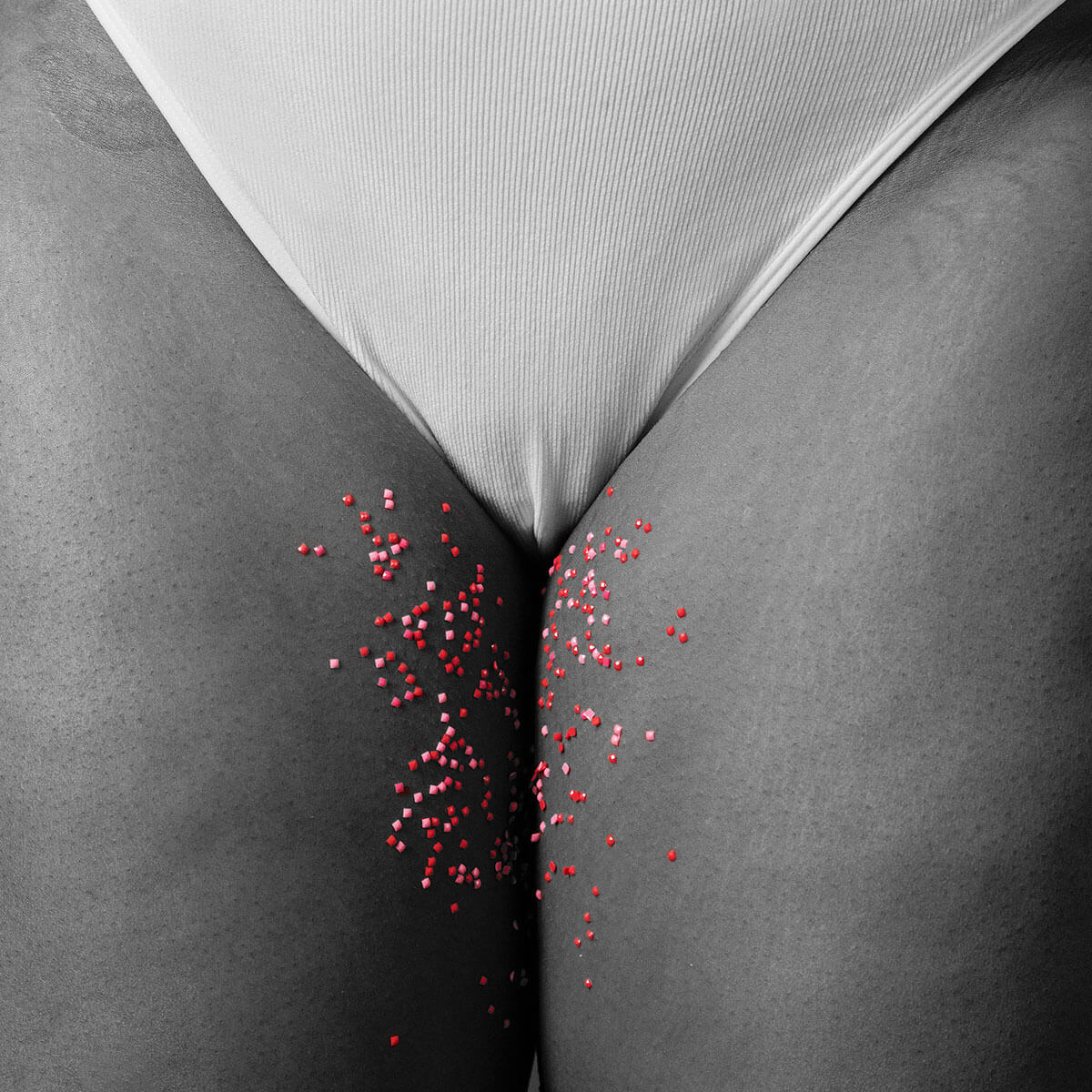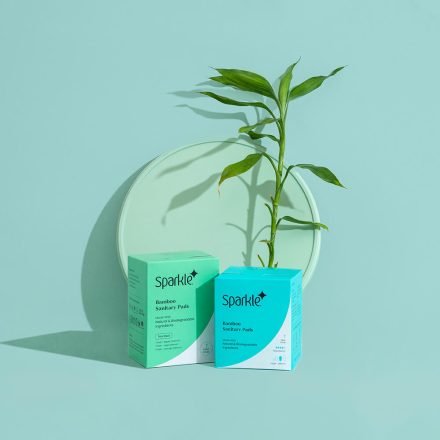“The biological clock is ticking.”
We’ve heard this phrase umpteen number of times, but what does it even actually mean? One can argue that it is the equivalent of a ticking time bomb in the sense that the window of opportunity is finite (and closing). In this case, that analogy does hold up, because fertility is finite, after all. Over the course of time, a woman’s fertility tends to dip the older she gets – these changes are the reason why many women (in particular) are anxious to accomplish a lot of things on the reproductive front before they lose the (biological opportunity) to.
Right from the first time a teen menstruates (menarche), the biological clock is set in motion – every month, there is a menstrual cycle that occurs (for most women on clockwork), which continues well into adulthood. However, this may start to fluctuate by mid to late thirties, when most women start having erratic periods due to an overall decline in estrogen levels. As one ages, significant changes alter the rhythm of the biological clock, which eventually leads to the natural end of periods (menopause), the mark of a woman’s departure from the reproductive years.
What does the transition to menopause look like?
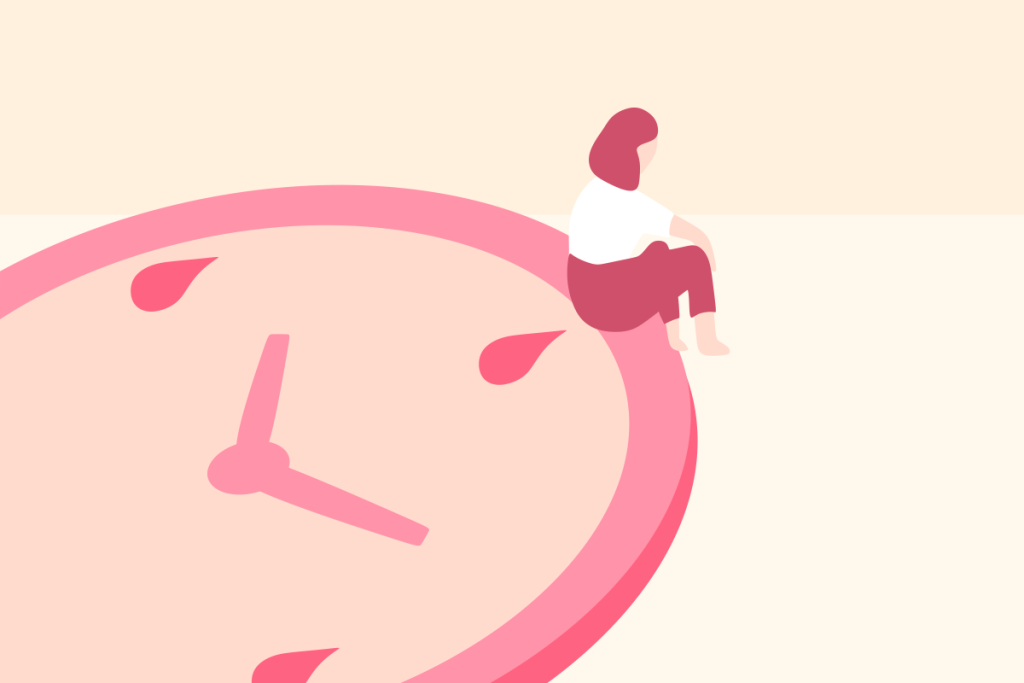
Menopause is considered the permanent end to menstruation, and this which occurs as a natural part of the aging process (for women hitting their 40s and early 50s), except in the cases of premature menopause (before 40s), either due to damage in the ovaries and/or surgical intervention.
Menopause is a gradual transition process which takes place across three stages:
1) Perimenopause
Perimenopause is a transition phase which may begin before menopause – the ovaries may gradually stop producing estrogen and this phase could last for 3- 4 years on an average. Even though the ovarian function might decline and both estrogen and progesterone levels could fall during perimenopause, the menstrual cycle usually continues as per schedule and one may also stand the chance of becoming pregnant.
This phase brings major changes in libido, the beginning of hot flashes, night sweats, fatigue, anxiety, and depression for most women.
2) Menopause
This is the point when there is a rapid decline in estrogen levels, and viable eggs are no longer released by the ovaries. Over the course of a year (maybe even more), the monthly periods stop eventually, and the official label of menopause is assigned when a woman doesn’t experience a period for a period of one year.
Hot flashes are the most frequently occurring symptom of this phase, which refers to the brief sensation of heat in the body (this could vary in intensity, frequency and duration for every individual). Women are a lot more prone to emotional changes like anxiety, mood swings, loss of energy, and irritability as well. The other common symptoms include insomnia, memory lapses, vaginal dryness, hair loss, urine urgency, and breast tenderness, among the others.
3) Post- menopause
This is the phase that unfolds after menopause – while menopausal symptoms may ease up for some women, they can continue to be present for others even for a decade or longer after the transition to menopause. In the case of the latter, there is a higher vulnerability to several health conditions, such as osteoporosis and heart disease as the estrogen levels are at an all-time low.
Is menopause a pause on life?

This phase can definitely be tricky to handle, but it does not signal the end of life. If you ask us, one can surely dazzle at 40 or sizzle at 50, while being able to cope with the myriad changes brought in by the onset of menopause:
- Eat right, stay right: Go minimalistic and nutrition-heavy with your diet. To soothe the hot flashes, make sure you skip triggers like spicy food, alcohol, smoking, and caffeine.
- Consult your doctor regularly: Take advice from your doctor before introducing any supplements and/or medicines in your daily regime. Also remember to go for routine checkups, a yearly mammogram, to do sonography and pap smear tests as well.
- Pamper your mind and body: Self-care can go a looooong way. Do not let putting on the kilos put you off too much because weight gain is a common challenge for women transitioning into the menopause stage. But believe us when we say that a portion of yoga and some ‘me-time’ coupled with good sleep, a good diet, good mindful practices and a healthy social life can help you heal and stay happier.
Read more on coping mechanisms to deal with menopause and beyond here.
- Try to be present: Menopause can hit you with loads of emotions at the same time. Most women are likely to face loneliness, anxiety and irritability – the key is to accept your emotions as they come and let them go gradually. Do what makes you happy, invest your time in meaningful relationships, and stay engaged positively.
We’re sure you’ll be able to power on through the menopause phase!
